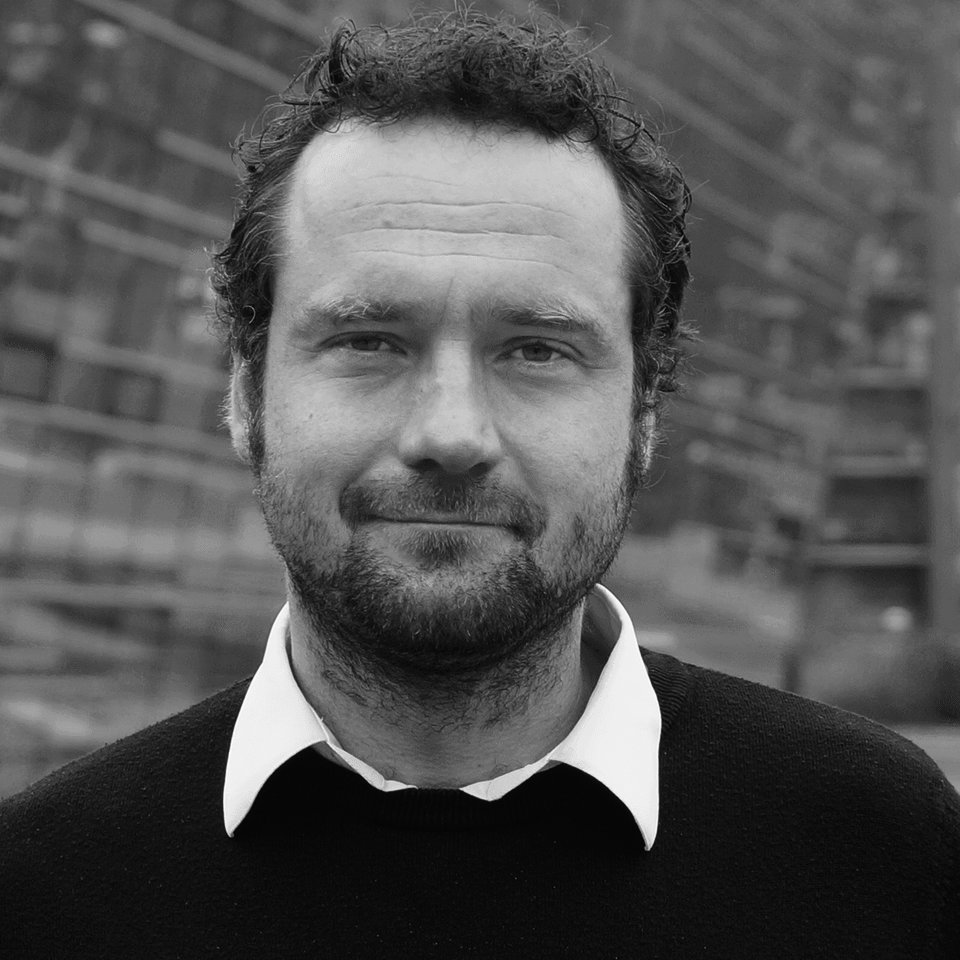Starting a Company in the Quantum Tech Market
You are CEO and founder at Delft Circuits. How did you end up starting your own company?
As a teenager I always dreamt of building my own electronics factory, did a BSc in Industrial Design Engineering in the Eindhoven high-tech region, and then founded a startup working on wireless sensor networks – nowadays called internet of things. This startup was way too ahead of the curve and was shut down. From there I went into physics, even theoretical.
Then I discovered that qubits could be built using processes from the semiconductor industry. So, I commenced a PhD on superconducting circuits at the TU Delft with Prof. Gary Steele. The final result was the vacuum-gap (capacitor) transmon qubit, of which recently the patent was granted. As I started Delft Circuits already during my PhD – I do not recommend that! – I never had the time to hand in my thesis…
During my PhD research the industry started to get seriously interested in quantum computing and with my entrepreneurial design/engineering background I started to wonder: is there any opportunity here?
What does Delft Circuits make? What specific problem are you tackling? What is your unique solution?
We focus on solving the cabling (i/o) problem for quantum-computing, quantum internet and quantum sensing. As most quantum systems reside in a cryogenic system and need to be controlled from the outside, this problem is common for various systems. We solve this by making lithographic defined circuits on multi-layer flex, called Cri/oFlex®. We integrate many components, like filters, couplers and attenuators. By doing so, we greatly improve the heat load, reliability, size, and eventually costs. Especially for systems requiring hundreds or more channels this works better as the standard coax solution. Our now 30 person team specializes in quantum, cleanroom fabrication, microwave engineering and cryogenics.
Quantum computers and their applications are still projected in the future. Why does Delft Circuits already step into this quantum tech market?
With the experience of an earlier startup, which failed due to bad timing, this was also my biggest concern. As our problem already solves a current problem in cryogenics, our business success is not entirely dependent on the achieved timelines in quantum computing. Another advantage is that we supply cabling solutions to customers for four out of the five main architectures for quantum computers. Next to that we also address the other quantum fields, aerospace and biological/medical markets.
Quantum computing is a multi-disciplinary effort. How is it to work in a quantum ecosystem with academic groups and other startups?
From our network in various fields in quantum, we have set up collaborations with a few labs. With them we can validate our products in an early stage to identify problems and refine requirements. Next to very interesting data, this helps to understand our technology and customers much better and accelerates our progress. Also we can cross-fertilize between sometimes very different requirements.
Regarding the startups, in the ecosystem in Delft a group of startups has evolved that almost forms a complete quantum computer value chain. This year we formed a consortium, impaQt, where we explore building a quantum computing demonstrator in this value chain oriented way.
Interest in industry around quantum computing is booming. What is the role of startups in the current phase? What kind of relationships are emerging between startups and large corporations?
Startups have an advantage: they can really focus on a specific problem, whether it’s a software framework, algorithm development or cabling, such as in our case. We can spread the investment costs over multiple customers, which in the end is beneficial for the large corporates. They are just focused on getting to useful applications in short timelines. Since a few years, customers see the benefit of what startups bring to the table. Our experience with various corporates is very positive, as most of the engineers come from the same academic field.
Make it or break it. Will there be such a moment for quantum computing technology?
I like to call this the Omaha Beach moment. Like in Normandy, where for the first time you reach a so-called beach head. The process is far from over, but the end is in sight. Arguably, the Google Quantum AI paper from 2019 is already such a moment. To demonstrate that with even 50 noisy qubits you can seriously outperform a supercomputer is quite tantalizing. Imagine what we can do with a kQbit processor? I think we should get such hardware as soon as possible online for the quantum-algorithm and -application developer to tinker with. Of course the road to a full-fledged industry that has a serious impact on the global economy is still far away, but I would say the Normandy beachhead is there.
